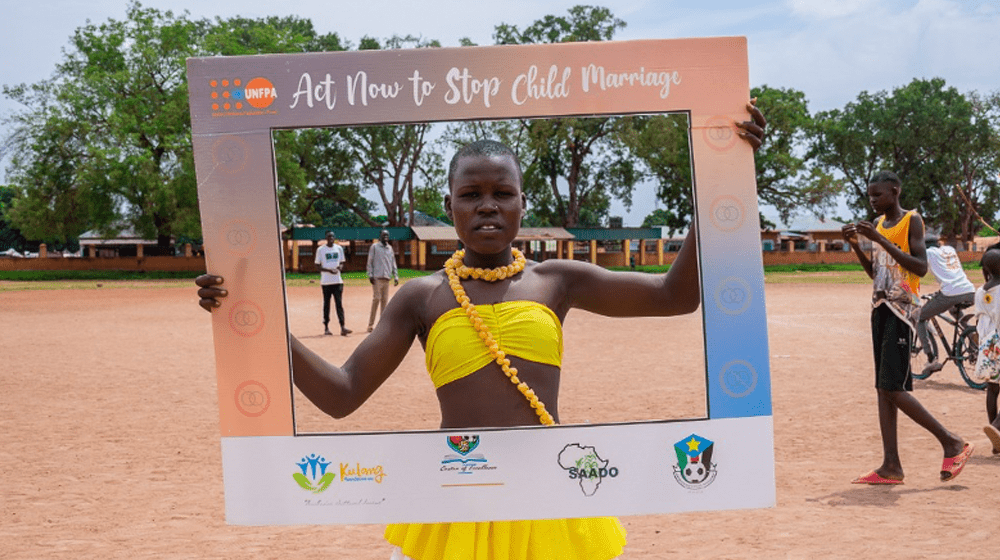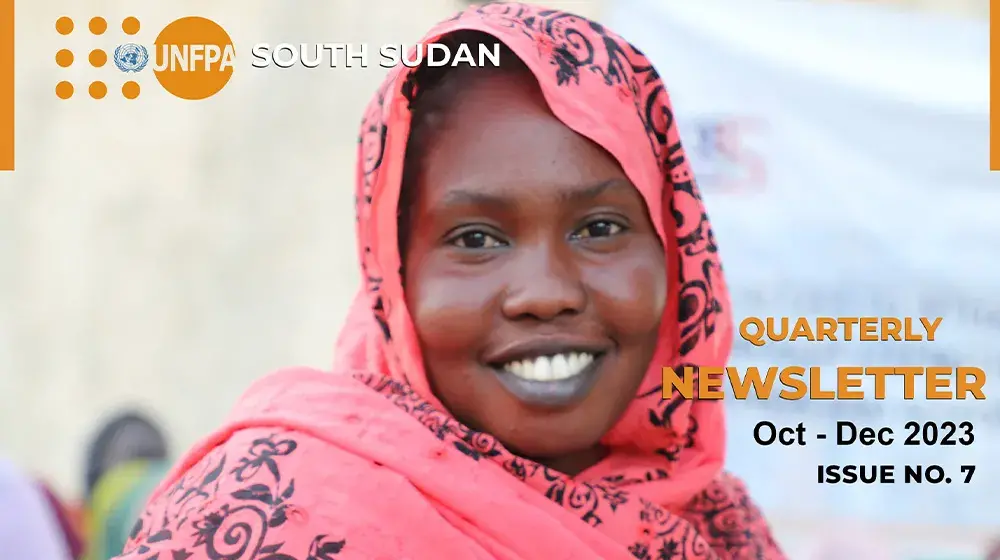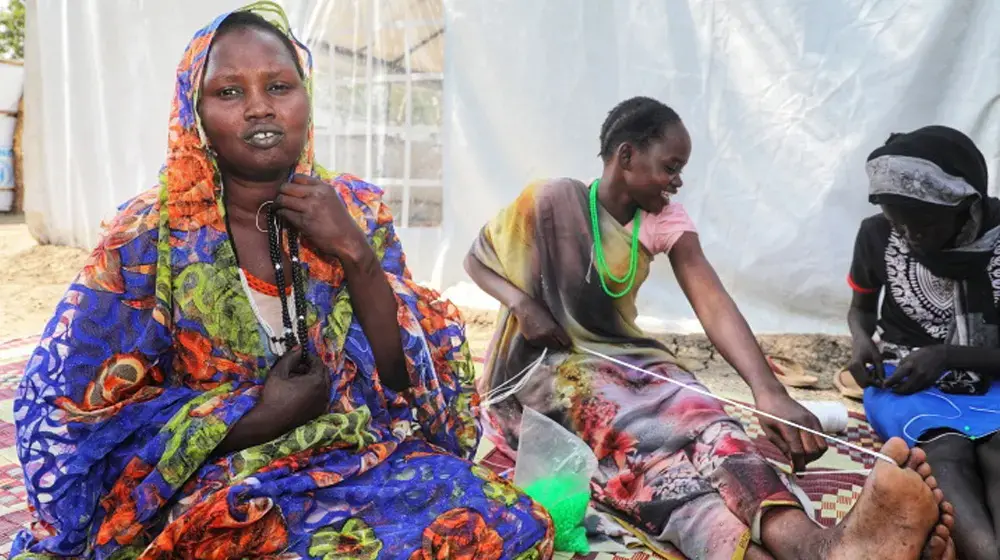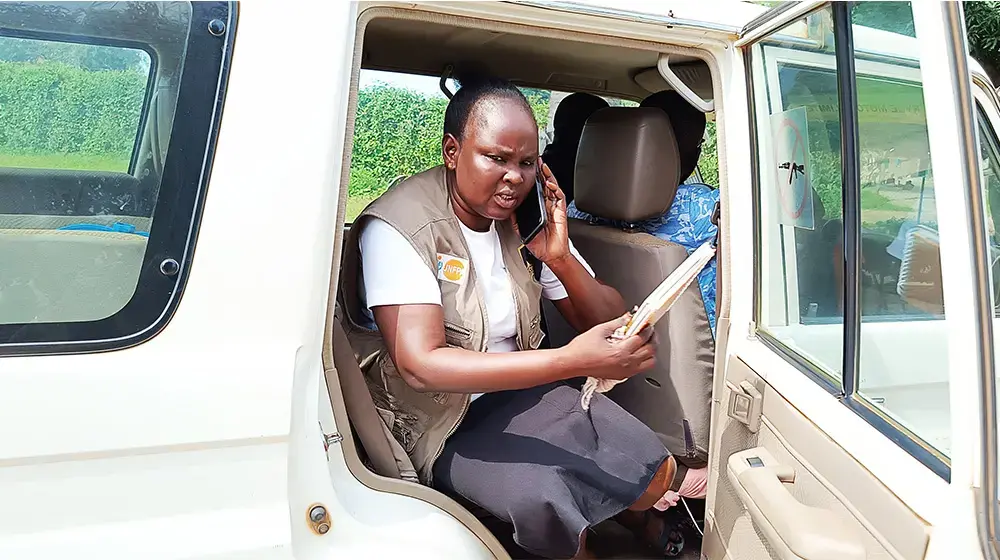Girls in South Sudan continue to face intersecting challenges – issues of child marriage, girls missing out on education, rape, limited access to sexual reproductive health services and information, and also vulnerabilities associated with gender-based violence.
As witnessed around the country, the humanitarian situation in South Sudan, coupled with natural disasters, and other factors related patriarchal communities continue to negatively affect girls as their human rights are neglected and lives put at risk. Girls in different parts of the country live in hardship situation, even without crisis, they still go through harmful traditional practices when compared to boys of their age. In South Sudan, girls are married off before they become adults and end up becoming mothers while they are still children themselves.
This calls for urgent need for change by putting an end to harmful practices such as child marriages and getting support from families to keep the girls in school for a better future.
During the national and community level celebrations of the International Day of the Girl Child, UNFPA Representative Dr. Ademola Olajide called upon government, partners, parents and community leaders to empower girls to exercise their full rights
“A big percentage of the population is left out if the girls are not empowered and their potential is not fully utilized. What we are hoping is that communities will change their mindset, acknowledging the fact that young girls will be able to develop into responsible women who are also able to make right choices, contribute to society, and the development of the Country. South Sudan is in the hands of the young people and we look forward to celebrating their success in future” said Dr. Ademola Olajide
Olajide emphasized that UNFPA’s country vision aims at seeing a society where girls are able to develop their optimal capacity and contribute to national development.
Abuk Maduok, a mother of 7 children, acknowledged the importance of educating her children but also conceded that many parents like her are finding it difficult to pay school fees for their children. But also acknowledged that society’s mindset of spending on a girl child is very low as girls are considered as properties for wealth from marriage.
South Sudanese society is still patriarchal, and girls are sometimes not given space and opportunities equally as boys. The girls are married off at an early age in exchange of many cows which becomes an addition to the wealth of her family.
Gabriel Bul Ajak, a traditional chief representing Upper Nile State in Gumbo, said the idea of seeing girls as a source of wealth should be prevented, noting that communities are advised to enrol their girls in school and encourage them to complete their education.
“I do not believe in the tradition of selling girls out in exchange for bride price such as cows and goats. As a community leader, I advise and encourage communities and parents, in particular, to enroll their girls in schools as education is long term than bride price,” said Ajak.
At the Nairobi Summit of ICPD@25, South Sudan voluntarily committed to end child marriage and work towards gender equality, and the time is now to make this a reality. This is a big win and a commitment from the international community and collective efforts are needed to realize it.
Enabling girls to avoid child marriage, unwanted pregnancy, protecting them against HIV transmission, but instead supporting them to acquiring education, and skills they need to realize their potential, is a key priority towards the 2030 agenda for sustained development and it is all of us to spearhead towards that. SDG 5 is about achieving gender equality and empowering all women and girls in all circumstances, and South Sudan is no exception.
UNFPA through programs and policy advocacy, strives to ensure that girls are granted the opportunities they deserve particularly access to reproductive health information and services including those out of school as they mature into responsible adulthood.
Education and information about adolescents’ reproductive health is key to the future of girls as emphasized by partners who believe in the same call as UNFPA.
“From the drama, presentations, and moderating the event by the girls, we have seen that our young girls are able to lead. Next time I will not speak but listen more from the girls. Let us support girls to enrol, stay in school, and protect them from perpetrators. When a girl sees herself as a leader or a mentor, it creates a positive force for change in her life which benefits society and a better future for us all” said Hon. Aya Benjamin Libo Warille, Minister of Gender, Child, and Social Welfare.





